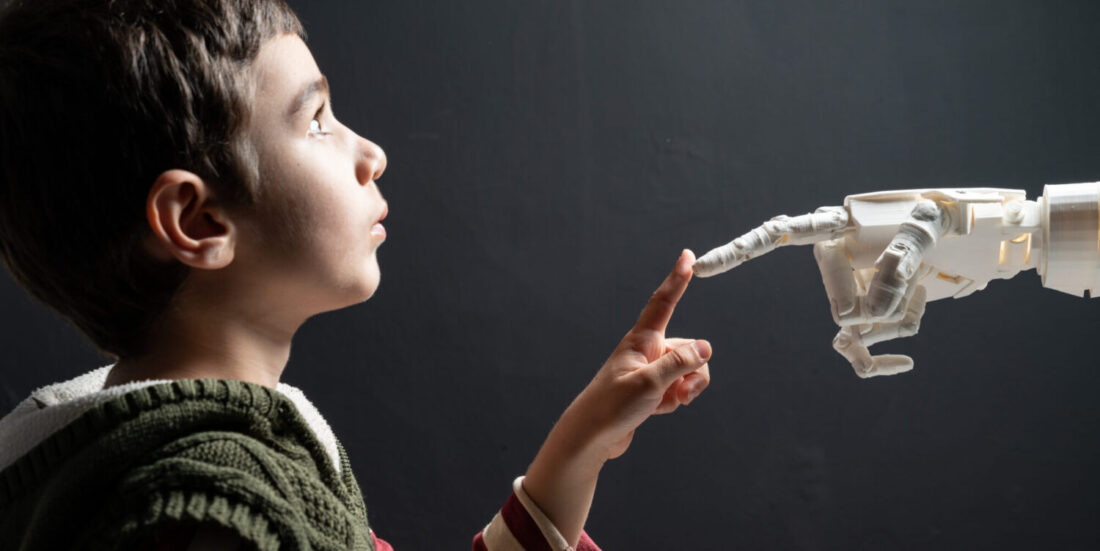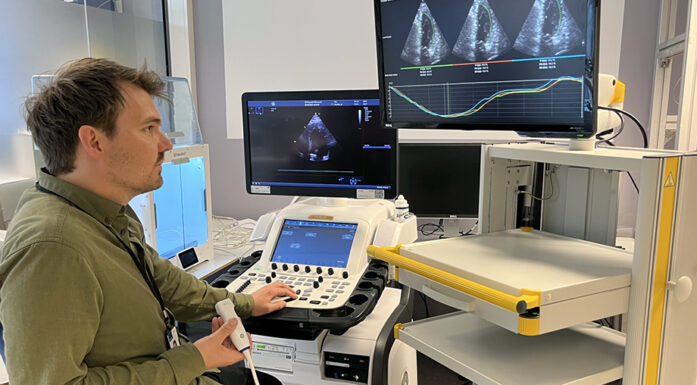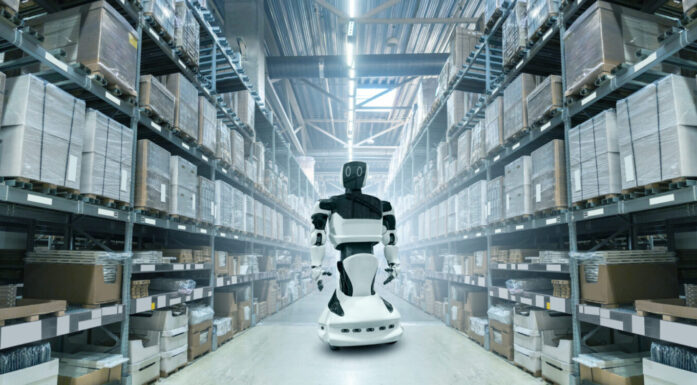Artificial intelligence – fairy tale or nightmare?
Some people are very anxious. Others are enthusiastic. But how intelligent is AI, really?
Today, a conversation with an AI device may well give you the feeling that you are talking to someone with human intelligence. But although this is far from the truth, the technology has come a long way. Even in the last few months, developments in the field of AI have really taken off.
“Fifty years ago there was a bottleneck in computing power”, says SINTEF Research Manager Signe Riemer-Sørensen in episode 72 of the podcast series Smart forklart (in Norwegian). “Back then we simply didn’t have computers that were powerful enough. But now things have changed. We also have huge volumes of data that enable us to make the necessary calculations”, she says.
How intelligent is AI?
Today, many people feel that AI has come a very long way, but exactly how intelligent is artificial intelligence?
“We don’t have AI with intelligence as we humans understand it, but it is capable of performing certain tasks”, Riemer-Sørensen explains.
“For example, the AI chatbot ChatGPT is trained using a huge volume of data produced by humans and uses statistics to attempt to reproduce the data on which it has been trained”, says Trond Runar Hagen, who is Chief Digital Officer at SINTEF. “It appears to be generating original text, but in reality it is simply replaying content that already exists”, he says.
Riemer-Sørensen and Hagen agree that the only thing that ChatGPT really does well is language. It writes very well and convincingly, although the content is not necessarily correct and erroneous information can easily be presented as fact.
Poor at maths
There remain major gaps between AI and human intelligence, and AI continues to struggle in many fields. Riemer-Sørensen uses mathematics as an example of a discipline where AI performs very badly.
“The standard approach to making a machine intelligent is by a process called machine learning”, says Riemer-Sørensen. “The more data it gets to see, the more it learns. It’s easy for a machine to say that two plus two equals four because it has been exposed to many examples. But even though it has repeatedly been shown how to do the calculation, it doesn’t really understand what it’s doing”, she says.
“And when it comes to three- and four-digit numbers, an AI device consistently make mistakes”, she adds. “It simply doesn’t understand the rules of mathematics. It can only reproduce the examples it has previously seen and, of course there are many more simple calculations on the internet than those involving big numbers”, explains Riemer-Sørensen.
An intelligent assistant
However, there’s no doubt that there are many things that AI is capable of. To a great extent, AI makes it possible to utilise existing technologies more efficiently, and the SINTEF researchers claim that in the future, AI will be able to help us to exploit resources better and pollute less.
“AI is an intelligent assistant that will help us both at work and in the private sphere”, says Hagen.
He is also keen to allay the fears of the most anxious among us who are concerned that AI will come to dominate the human race and turn us all into slaves.
“At present, the opposite is true”, says Hagen “It is AI that is our slave, and long will this continue”, he says.
Learn more about artificial intelligence by listening to episode 72 of the podcast Smart forklart (in Norwegian). “Kunstig intelligens: Et eventyr eller et mareritt?” (Artificial Intelligence: fairy tale or nightmare?)





